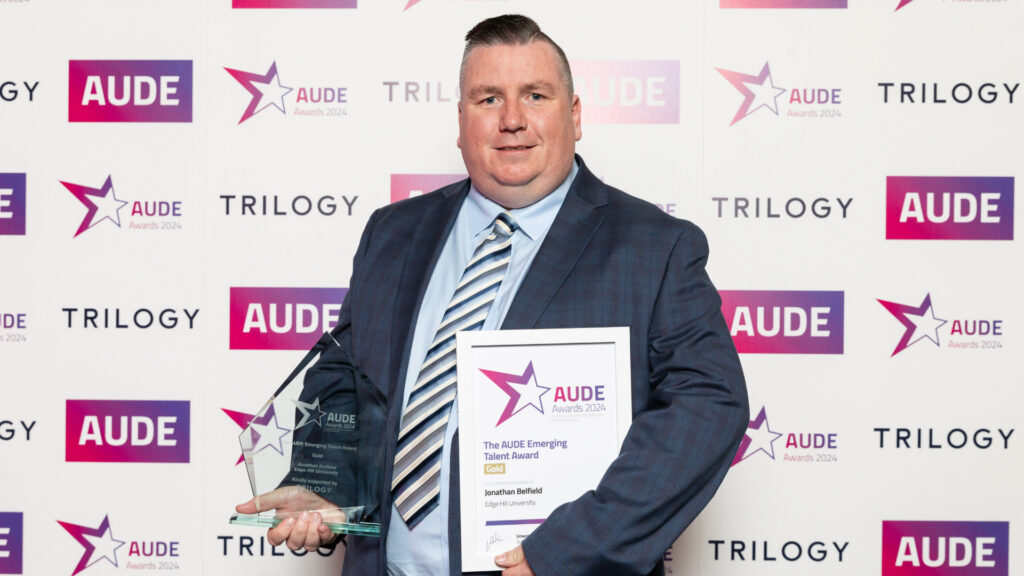
Being faced with a blank page and asked to write about yourself can be overwhelming. Where do you start? What do you include? What if you don’t have enough to say?
Your personal statement is one part of your university application that you have total control over. Your statement should showcase your skills and it’s the thing that sets you apart from other applicants. And it can secure you an offer.
The competition is tough. You need to convince a university you’re the best applicant within a limited word count. What you write has to be good.
Make sure you’re giving yourself the best chance of receiving an offer. Read our tips on how to write a personal statement that will set you apart from the crowd.

1. Start early. And take your time.
The earlier you start working on your application, the more time you’ll have to perfect your statement. It can feel like a long task and one you’d probably rather put off. But not leaving yourself enough time could result in errors, not enough detail, and a piece of writing that doesn’t show your full potential.
Take your time. And don’t rush. The perfect personal statement will take more than a couple of hours. It’ll take more than a couple of days. Try to take a break from it so when you return, you do so with fresh eyes. Remember: if you are applying through UCAS, the submission deadline is 31 January 2024. But your school or college may have given you their own deadline too.
2. Understand why you’re writing it. And who’ll be reading it.
Think about why you’re writing a personal statement. It lets you put together all the things that didn’t fit into the application form that you want people to know. Focus on the successes you’ve had. The skills you can bring to your university studies. And the experiences that will help to enhance your knowledge.
Admissions tutors will be looking for specific elements in your personal statement. Not only will they look at the language and structure of your statement. But they’ll also look to find evidence of motivation, academic ability, skills, experiences and outside interest.
Enthusiasm. Self-reflection. And the value you can add to the course. These are all factors that Admissions tutors look for. You’re writing for a very specific audience, tell them what they want to hear.


3. Make your statement. And link back to your chosen degree subject/course.
Remember to refer back to the degree course you’re applying to. Your motivation, academic ability, skills and experiences should link to why you want to study the course. And how these things will make you a good applicant for the course.
A good way to make sure you’re doing this is to use the STAR technique when talking about your skills and experiences. The STAR technique stands for Situation, Task, Action and Results. So you’ll give detail and context to examples you’ve experienced through part-time work, volunteering or similar.
Refer to any challenges in a positive way and avoid negative language. Discuss how the challenging situation allowed you to develop your skills and knowledge.
4. Be honest. And be yourself.
It can be easy to get carried away when you’re trying to make a good impression. But it’s also important to be honest. Let your personality and passion for the subject shine through in your writing.
Be confident in your abilities. And know that what you have to offer is enough. The truth is that being yourself is more than enough to earn you a place at university.


5. Check it. Get someone else to check it. And check again.
Check your work again and again. And again. Ask other people to read it for you. Parents. Guardians. Teachers. Careers Advisers. They’re likely to spot things you may have missed. The more feedback you get, the better the final version will be.
Make sure you’re happy with the final version before you add it to you submit.
July 8, 2022


